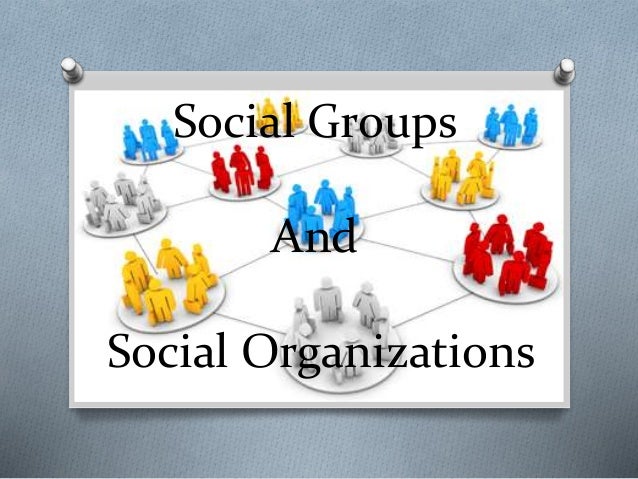SOCIAL ORGANIZATIONS



In an organized society, there is stability and change. Stability is the condition of equilibrium among the parts of society. It is the state of smooth functioning. During this condition; the social problems decrease in society. Change is the dynamic condition of society. An organized society is also changing for the fulfillment of social needs. Abrupt changes in the form of revolution disrupt the existing social order and disorganization occurs in society.
The examples of organization can easily be understood from the organs of human body which are technically joined together called organization of parts in human body. The parts of a table are prepared separately by the carpenter and then fitted together in a technical order. This table is an organized body. It means organization is arranging of parts into its whole. Similarly, social group is an organization of individuals into a social unit. The individuals set themselves at their positions (status) and by interaction (role) they make a social group. It means they are fitted themselves into the group according to their positions. This participation individuals into group is social organization.
"Social organization is simply a group of individuals working for the betterment of the society"
NGO'S

Non-governmental organizations (NGOs) have played a major role in pushing for sustainable development at the international level. Campaigning groups have been key drivers of inter-governmental negotiations, ranging from the regulation of hazardous wastes to a global ban on land mines and the elimination of slavery.
But NGOs are not only focusing their energies on governments and inter-governmental processes. With the retreat of the state from a number of public functions and regulatory activities, NGOs have begun to fix their sights on powerful corporations - many of which can rival entire nations in terms of their resources and influence.
"NGOs from the name they can be defined they are the non profit,non governmental organizations who are funded from various sources who are focusing on solving social or political problems."
But NGOs are not only focusing their energies on governments and inter-governmental processes. With the retreat of the state from a number of public functions and regulatory activities, NGOs have begun to fix their sights on powerful corporations - many of which can rival entire nations in terms of their resources and influence.
"NGOs from the name they can be defined they are the non profit,non governmental organizations who are funded from various sources who are focusing on solving social or political problems."
Two broad groups of NGOs are identified by the World Bank:
- Operational NGOs, which focus on development projects.
- Advocacy NGOs, which are organized to promote particular causes.
How NGOs are Funded
As non-profits, NGOs rely on a variety of sources for funding, including:
- membership dues
- private donations
- the sale of goods and services
- grants
Large NGOs may have budgets in the millions or billions of dollars.
Types of NGOs
A number of NGO variations exist, including:
- BINGO: business-friendly international NGO (example: Red Cross)
- ENGO: environmental NGO (Greenpeace and World Wildlife Fund)
- GONGO: government-organized non-governmental organization (International Union for Conservation of Nature)
- INGO: international NGO (Oxfam)
- QUANGO: quasi-autonomous NGO (International Organization for Standardization [ISO])
From the next posts I will be talking about the specific organisations who are helping the society and how you can help them.




0 Comments